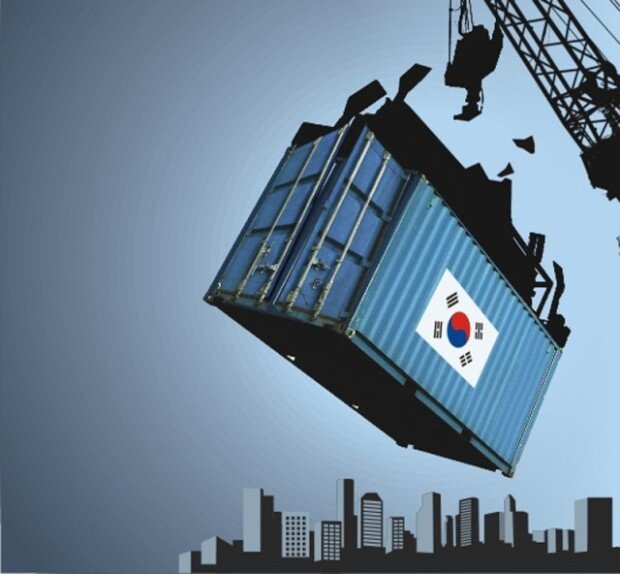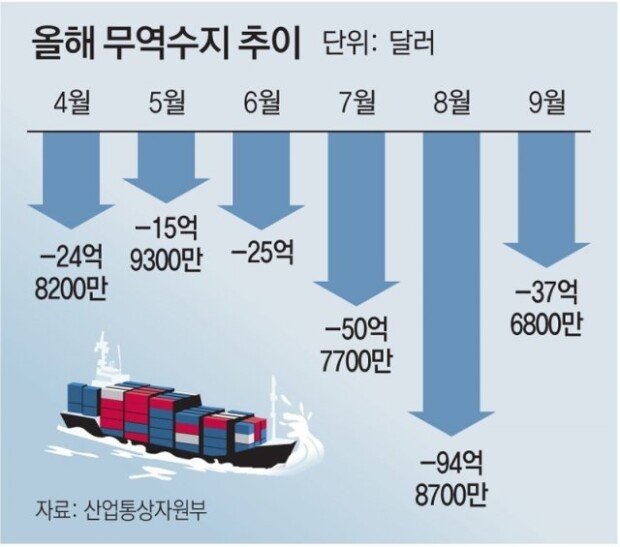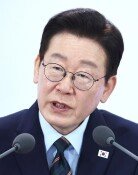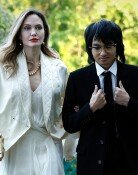Trade deficit continues for six consecutive months
Trade deficit continues for six consecutive months
Posted October. 03, 2022 07:26,
Updated October. 03, 2022 07:26


The trade deficit continued for six months recording over five trillion won for September. It is the first time since the IMF crisis in 25 years to have recorded a six-month continuous deficit. An analysis shows that this year’s annual trade deficit will mark an all-time high reaching 50 billion U.S. dollars. Concerns are rising over a possible economic recession as the Korean economic growth engine of trade struggles.
According to the Korea Ministry of Trade, Industry, and Energy, September export recorded 57.46 billion dollars (circa 83 trillion won), which is a 2.8 percent increase and imports rose by 18.6 percent to 61.2 billion dollars year-on-year. With imports rising significantly against export, the trade balance marked a 3.77 billion dollar deficit.
Notably, the semiconductor exports, which supported Korean trade, dropped for two months. Korean exports to China, which served as the primary basis for earning foreign currencies, rebounded to a surplus last month after four months of a deficit. Still, the export decreasing trend against the same month last year has continued for four consecutive months. Total export of Korea sunk to a single-digit growth resulting from semi-con and China shocks. On the other hand, the top three energy import amounts, including oil, coal, and gas, surged by 81.2 percent against the war in Ukraine last year. If the trade deficit continues, concerns are rising that the current balance, a comprehensive trade result of goods and services between Korea and overseas, could also turn negative.
The future outlook is also bleak. The Korea Economic Research Institute (KERI) expected the negative trade balance to hit a record high of 48 billion dollars in the 2022 Trade Balance Outlook and Insights announced on Sunday. “We need to policy-wide efforts for exchange rate stabilization including stabilizing supply chain including promotion of developing overseas resources, encouraging companies to return their cross border reserved assets back to Korea, and extending currency swaps with major countries,” Choo Kwang-ho, head of the Economic Policy Department of KERI.
kalssam35@donga.com



![[단독]폴란드, 韓 해군 최초 잠수함 ‘장보고함’ 무상 양도 안받기로](https://dimg.donga.com/c/138/175/90/1/wps/NEWS/IMAGE/2026/02/27/133437397.1.jpg)

![‘노인 냄새’ 씻으면 없어질까?…“목욕보다 식단이 더 중요”[노화설계]](https://dimg.donga.com/c/138/175/90/1/wps/NEWS/IMAGE/2026/02/27/133434557.3.jpg)

